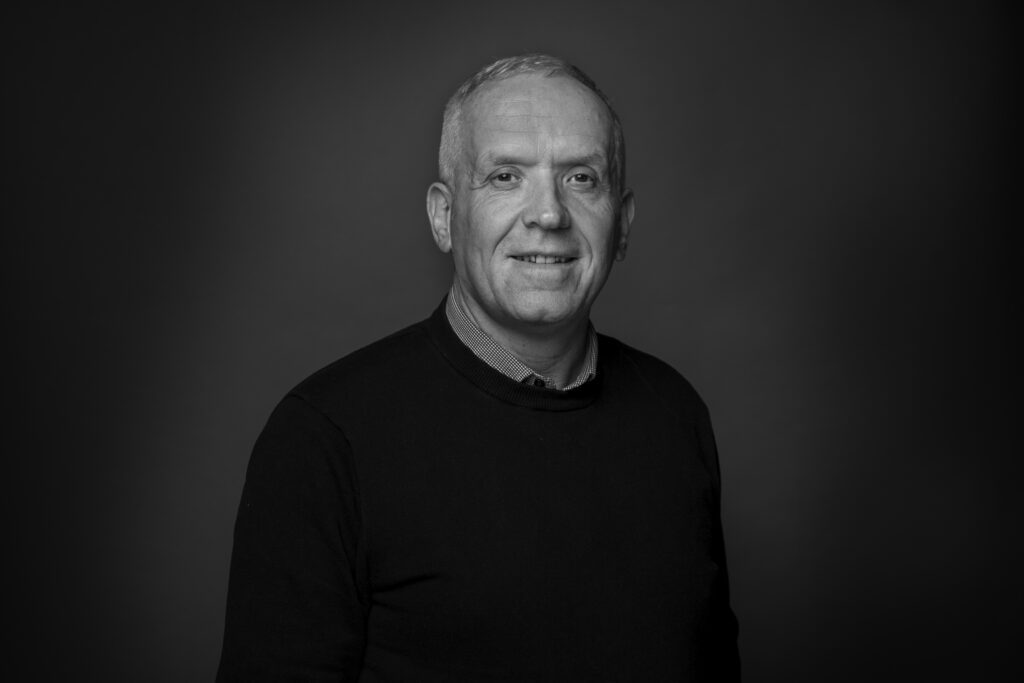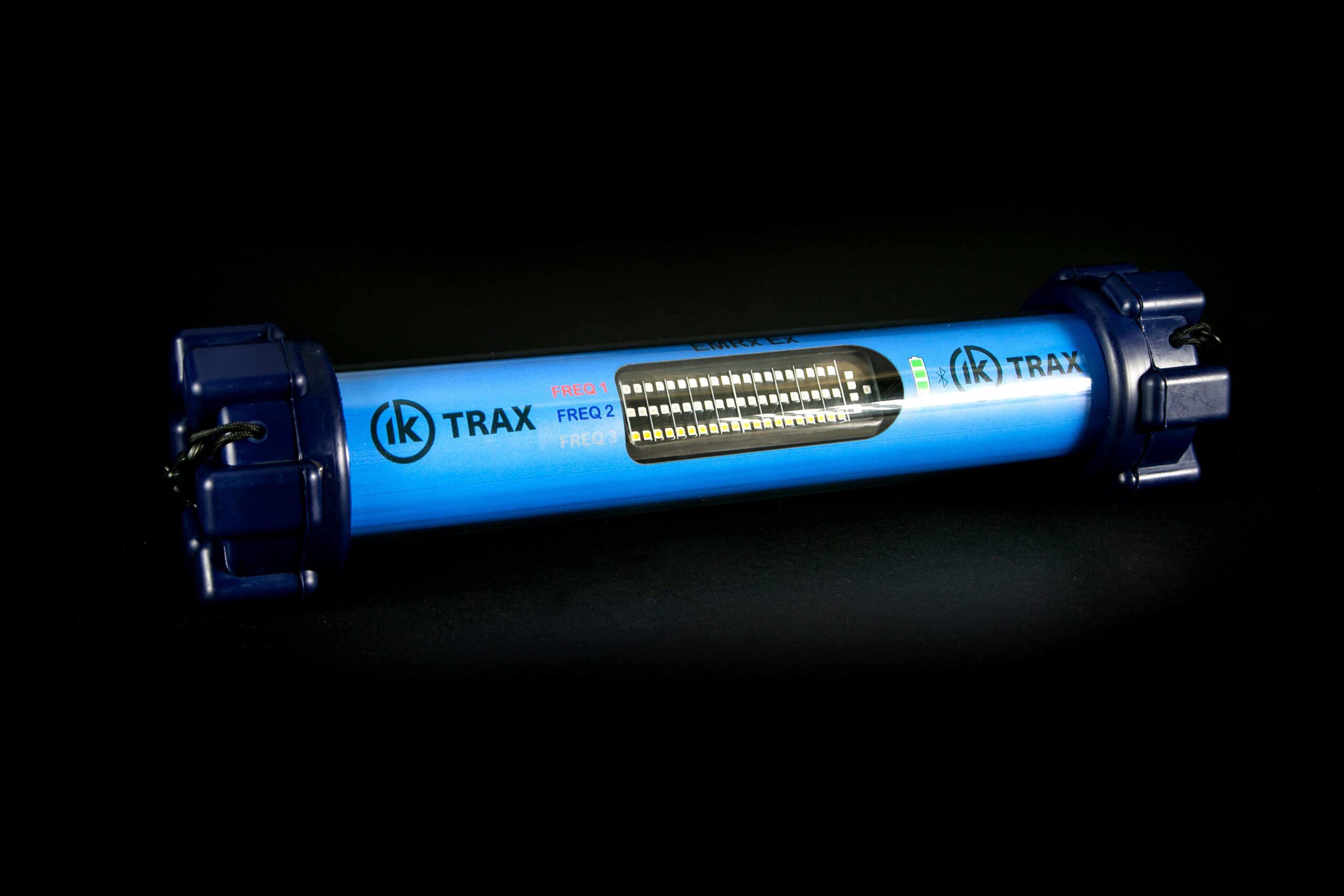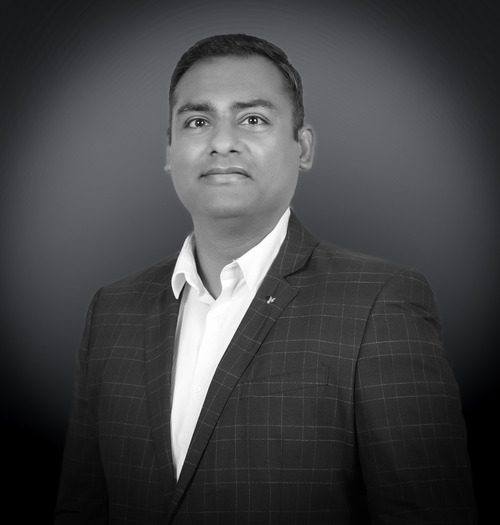This month, we caught up with Mike Halliday, our Operator and EPC Account Manager.


Can you introduce yourself and tell us a bit about your role?
My name is Mike Halliday. I joined IK Trax in February this year as the Operational and EPC Account Manager. My focus is on identifying opportunities both in the UK and internationally, where our technologies can support and add value to our clients’ pipeline operations. I have worked for multiple years in the energy industry across many sectors dealing with EPC customers and operators, which has proved valuable in terms of my role here. In my free time, I enjoy playing golf, exercising, watching football, and spending time with my family.
IK Trax’s portfolio covers a wide range of intelligent products. In your view, how do you see our products addressing the current needs and challenges of our clients?
IK Trax has a strong R&D focus, and that for me is a big advantage when talking to customers because it isn’t always about off-the-shelf solutions. It’s about being able to meet the demands of our clients. We’re working in an energy industry where traditional projects and their requirements are very different from what they used to be.
With our strong R&D focus, we can offer a bespoke solution to our clients, working in conjunction with them not just in delivering the end result and equipment, but also at an earlier stage from a scope of work perspective. This allows us to find the most efficient solution for the challenges they face or the projects they’re about to deliver. Going forward, I think we’re well placed to meet the changing energy demands of our clients. We’re at an advantage when it comes to solutions for carbon capture and hydrogen projects, which is very much the way the industry is moving.
Can you discuss any technological advancements in our products that sets us apart from our competitors?
IK Trax has a great reputation for delivering innovative products. We’ve had a lot of success with our EM pig tracking solutions. It’s not just about offering a transmitter or receiver as a product; it’s about the packaged solution, backed by fantastic technology like our new EM Config and Receiver apps. These advancements have made a big difference, allowing clients to understand how the whole solution fits together and the advantages of working with us. A recent advancement in our Electromagnetic Transmitter range is the EMTx50, our most powerful transmitter yet, offering the signal strength and battery life needed to track pigs in larger diameter pipelines.
Can you tell us about any upcoming industry events we are attending? How important are these events for our company and what are our goals in participating in them?
At the end of August, we’ll be attending ONS in Stavanger, Norway, as part of the IK Group stand. IK Group and IK Trax are working together to address the challenges faced by our customers in the Norwegian sector and the North Sea. In late September, we’ll be represented at the GPA Midstream Conference in San Antonio, Texas. This event offers an amazing opportunity to engage with the largest midstream players in the US, a massive potential market for us. It will be a great chance to network and spread the word about IK Trax in the United States.
Following that, we will attend OGA in Kuala Lumpur, Malaysia, at the end of September. We will have a stand there, providing an opportunity to grow our market in Asia further. Lastly, we will have representation at ADIPEC at the start of November in Abu Dhabi, UAE. This will allow us to engage with both existing and new customers, showcasing our technology to a wider global market.
Further details of all the events can be found on our Events page.
Is there anything else you’d like to share about your time at IK Trax so far or any further insights you would like to share with us?
IK Trax is committed to meeting the challenges and demands of its clients, continually improving its products and I believe there are long-standing customers who trust us and will continue to do so. We are well-positioned to meet the industry’s demands and tackle more complex projects in the future – projects will not be as traditional as they once were, especially in the oil and gas sector. New opportunities will arise from new challenges, and the industry will need to think differently, using existing technologies to address these challenges in the new energy world.

